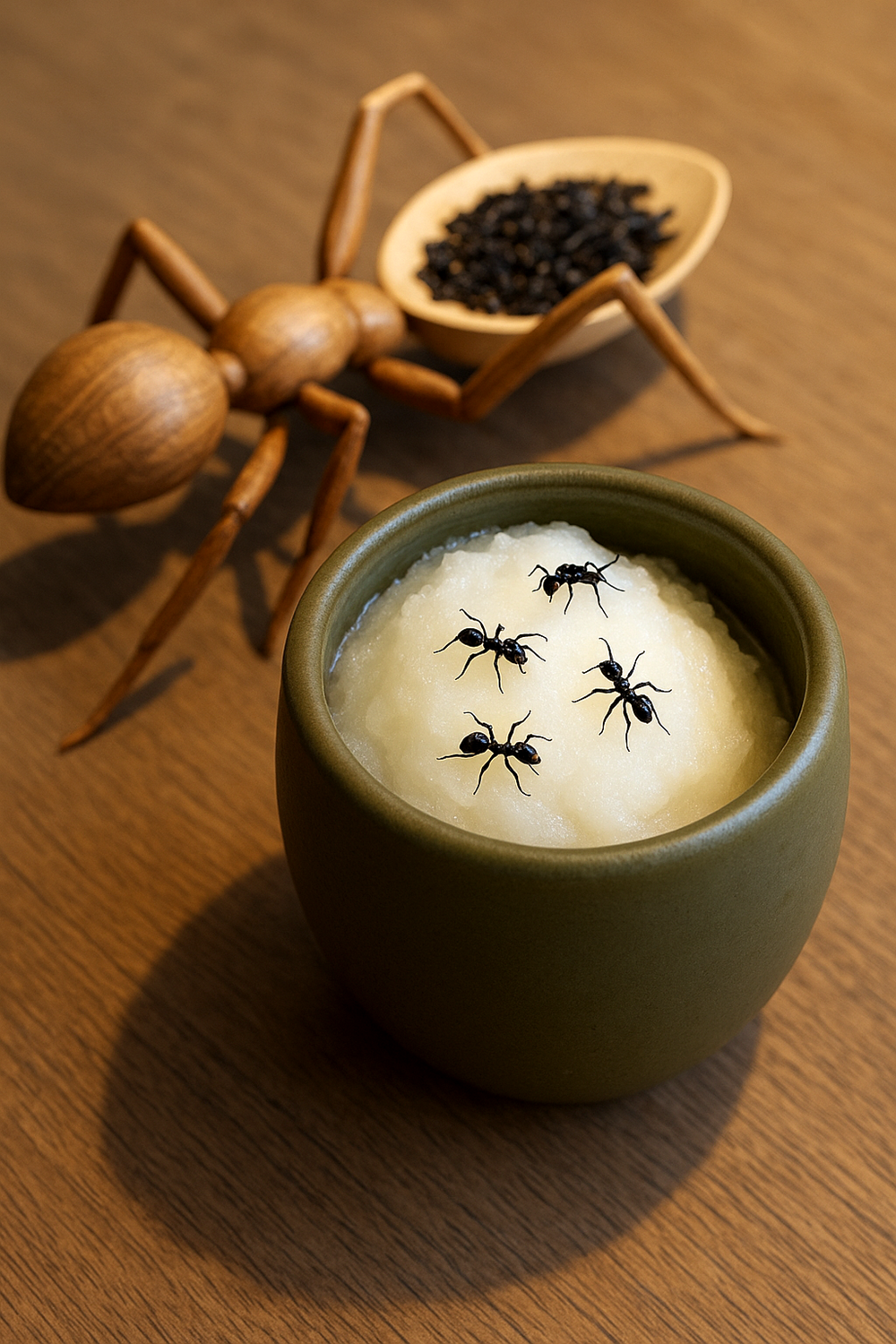
Controversial dish
A unique dessert, once hailed as an “elevated taste experience” and “unexpectedly delicious” has landed a two-Michelin-starred restaurant in Seoul’s Gangnam district under legal investigation for violating South Korea’s Food Sanitation Law.
While the world of fine dining is constantly looking for innovation, the line between creativity and legality remains a difficult one, especially in countries with strict food management systems like South Korea.
Renowned among foodies for its fusion of traditional Korean cuisine and bold, personal twists, the upscale restaurant in Gangnam has introduced ant-covered sorbet as an iconic signature.
The tiny ants, imported from the US and Thailand, coat the frosting, not only adding to the dessert's exotic appearance but also imparting a slight sourness that is described as “subtle and distinct”.
Many diners, including many food bloggers and culinary experts, have nothing but praise for the ant-covered dish at this restaurant.
Some call it an “unprecedented taste experience,” while others compare the feeling of eating this dish to “setting foot in a completely new land in the culinary world.”
The dish quickly became a hot topic on social media, helping to cement the restaurant's position as a symbol of constant innovation.
However, along with its popularity, ant sorbet has also attracted the attention of authorities.
When creativity exceeds the limits of the law
The Korean Ministry of Food and Drug Safety recently confirmed: This restaurant and its parent company have had their case transferred to the prosecution for violating the Food Sanitation Law.
According to current regulations, only 10 species of insects are recognized as food in Korea, including grasshoppers, silkworm pupae, mealworms, etc.
Ants are not on this list. The use of ants in food, whether for flavor or to impress, is considered illegal.
The investigation found that from April 2021 to January 2025, the restaurant served about 12,000 servings of sorbet topped with three to five ants per plate, generating an estimated revenue of about 120 million won (equivalent to nearly $90,000).
The restaurant owners said they were unaware that using ants was illegal and explained that it was simply “a sophisticated dish created to celebrate natural sourness and the intersection of tastes.”
Notably, this dish was also publicly introduced on a famous TV show, with detailed images of each stage of preparation, showing transparency, but also meaning that the systematic nature of the behavior cannot be denied.
Tension between innovation and framework
The incident has sparked a heated debate in the Korean and international culinary community: Are current regulations stifling creativity in a food industry that has always encouraged innovation?
Many experts believe that in the context of the world moving towards sustainable, environmentally friendly food, in which edible insects are a trend, the list of 10 permitted insect species is too limited.
“This is not just a story about a restaurant. It reflects the sensitive relationship between artistic creativity in the kitchen and the legal corridor,” an international culinary expert commented.
“If the law does not pave the way for innovation, we may miss the opportunity to create major breakthroughs in the way we eat, the way we feel, and even the way we develop the culinary economy ,” he noted.
Meanwhile, the Korean prosecutor said it is carefully reviewing the entire case file and will make a decision after clarifying all relevant details.
The incident has forced the culinary world, especially high-end restaurants, to rethink how they innovate.
Creating a memorable dish is an essential part of the creative process, but how far can one go in a legal ecosystem that has yet to keep up with innovation?
Whatever the legal outcome, the ant-covered sorbet case has set a sobering precedent, as the line between the delicate tartness of a dessert and the bitterness of a legal dispute becomes ever thinner.
Source: https://baovanhoa.vn/du-lich/mon-kien-tinh-te-trong-am-thuc-cao-cap-doi-moi-hay-vi-pham-151419.html


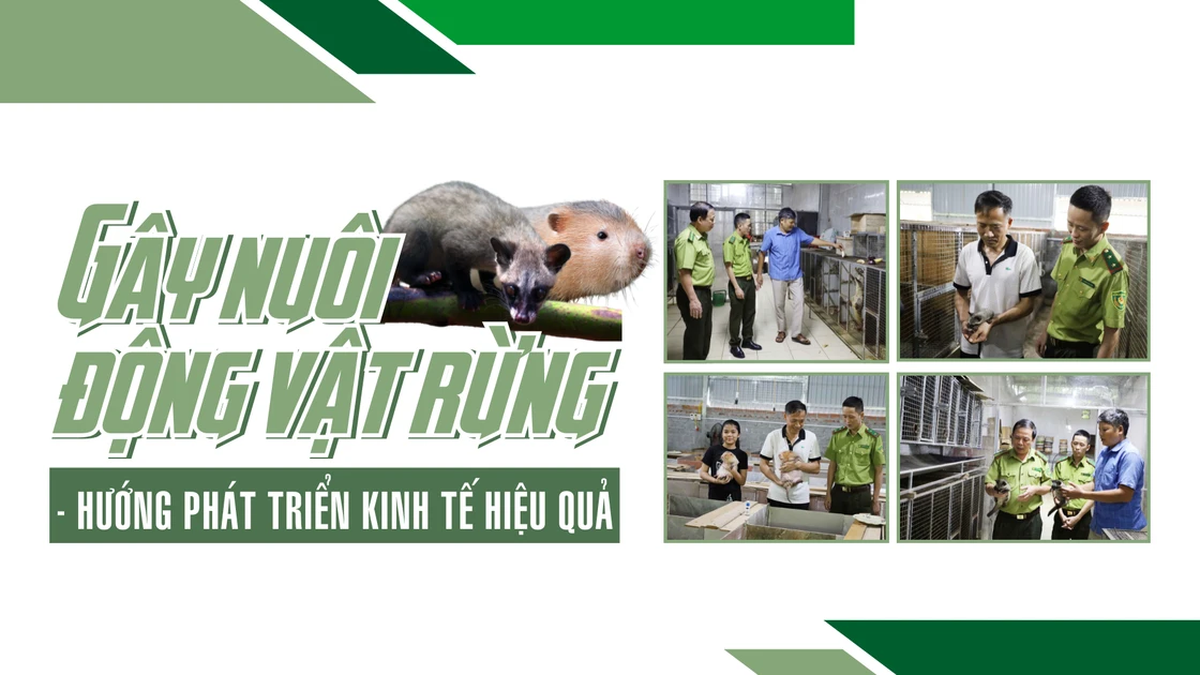

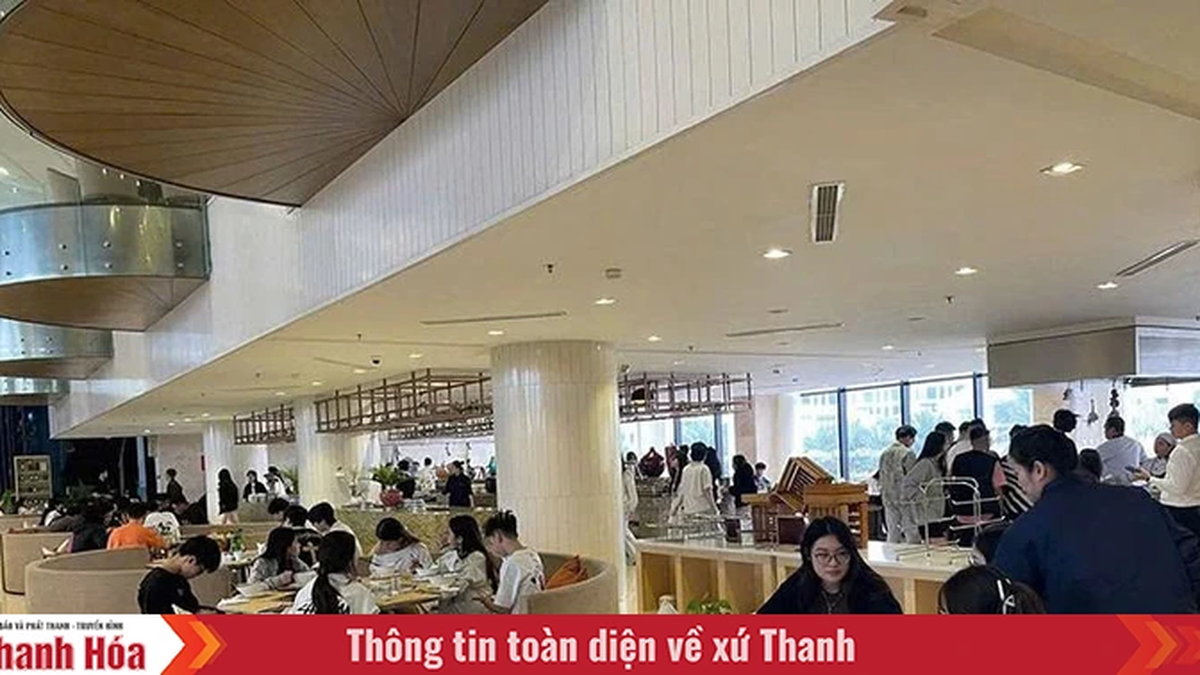
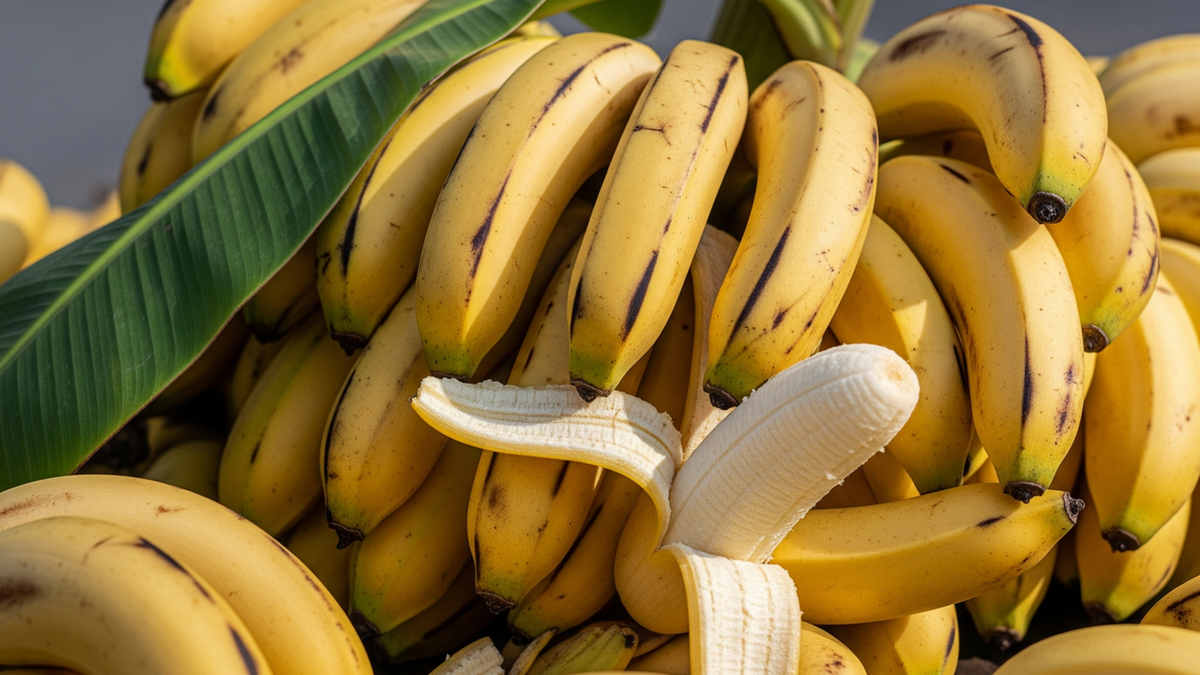



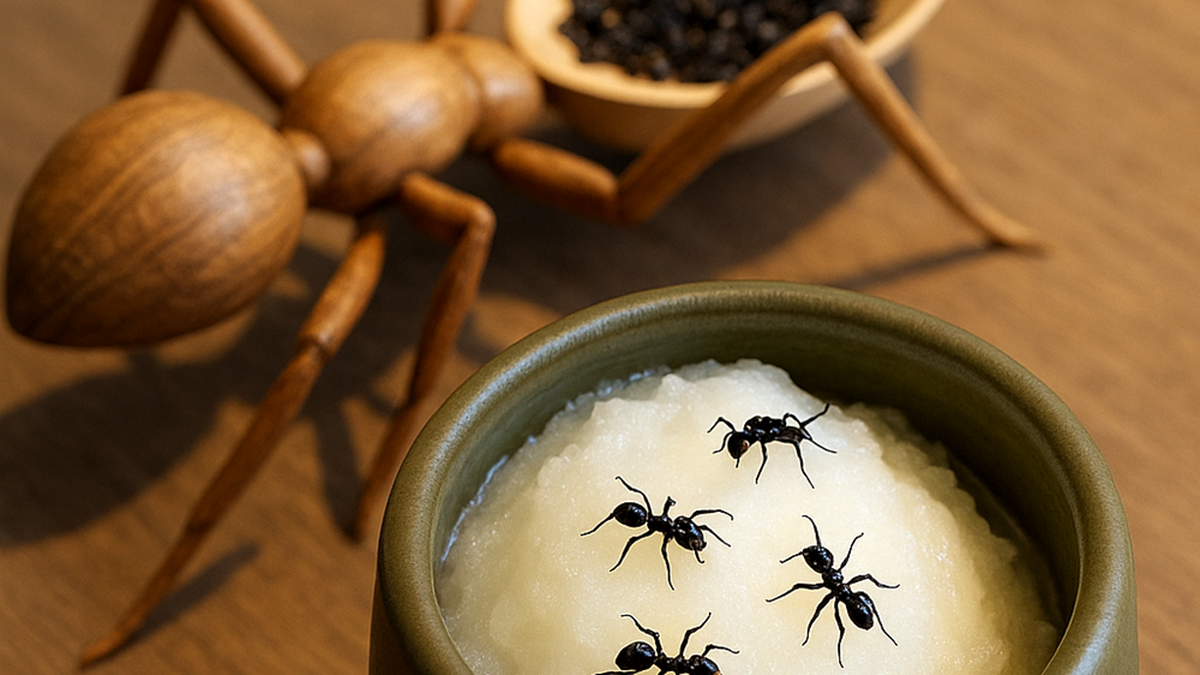

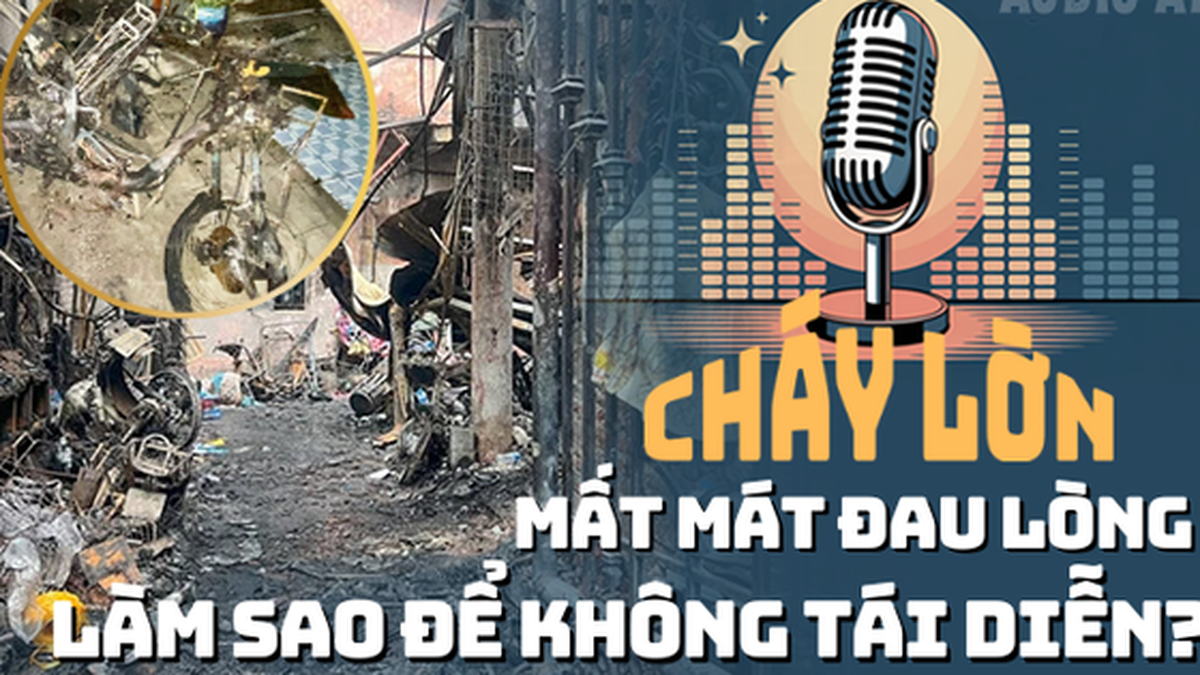













![[Photo] Gia Lai provincial leaders offer flowers at Uncle Ho's Monument with the ethnic groups of the Central Highlands](https://vphoto.vietnam.vn/thumb/1200x675/vietnam/resource/IMAGE/2025/7/9/196438801da24b3cb6158d0501984818)




















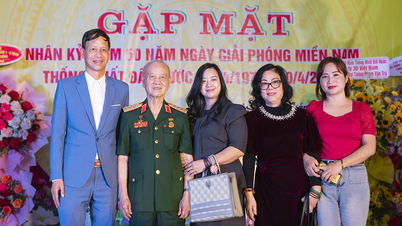






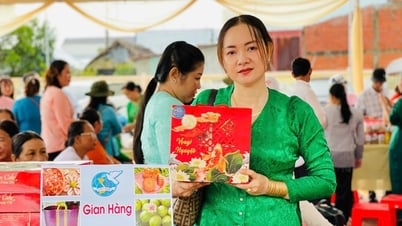





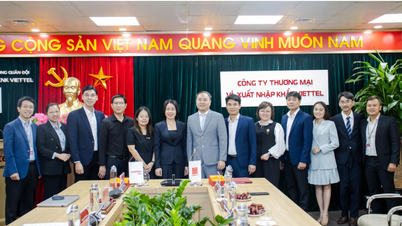













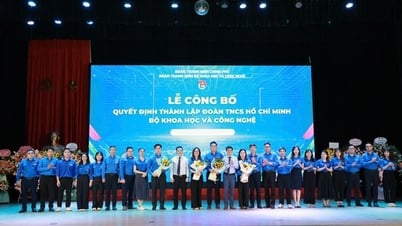
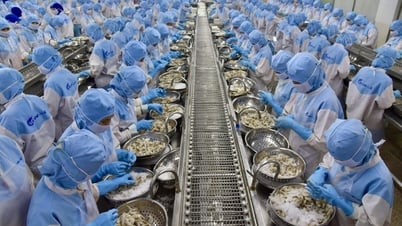


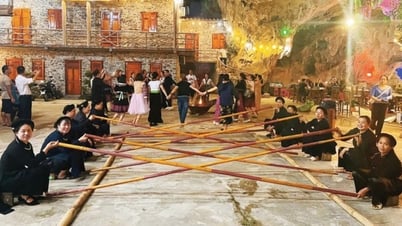

















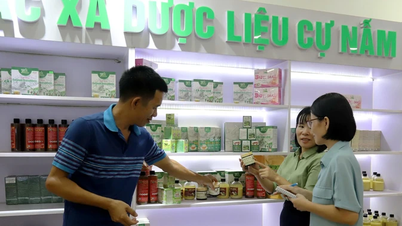





Comment (0)